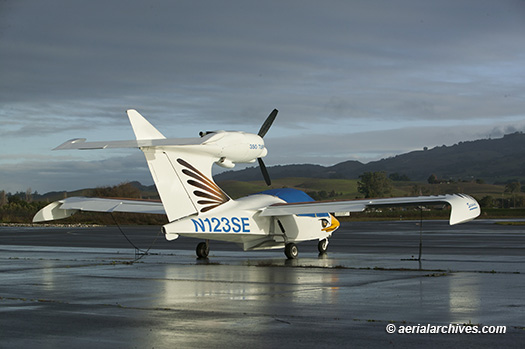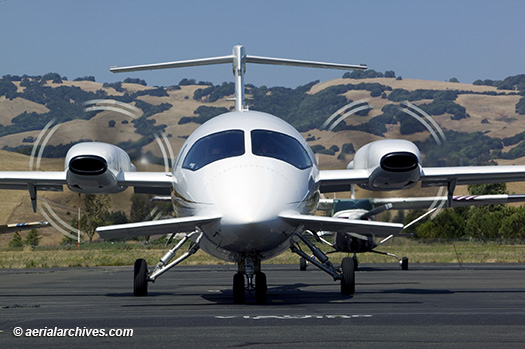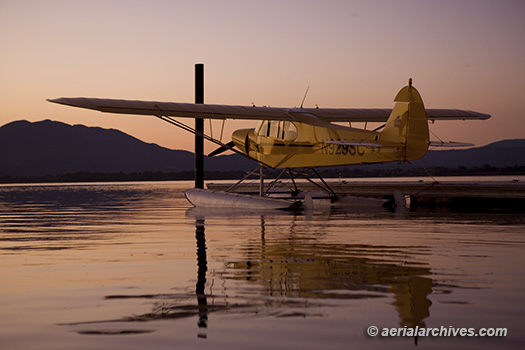
Tax Benefits of Purchasing an Aircraft for Business Use

A Seawind One amphibian aircraft
tied down at the Petaluma Municipal Airport,
Petaluma, Sonoma County, California.
Image ID: AHLC3813
© Herb Lingl/aerialarchives.com
Terms of Image Use | Immediate License or Prints
Feedback
|
Properly structured, a purchase of a new or used aircraft can be completely expensed in the year of purchase. Similarly, a partnership that purchases a new or used aircraft can write off the entire amount of its investment, in addition to any additional expenses incurred in connection with ownership of the aircraft. Those tax benefits accrus directly to the partners of the partnership. With the enactment of the Tax Cuts and Jobs Act of 2017, purchases of new or used aircraft for business purposes can be completely written off in the year the investment is made, provided that the guidelines outlined in the act are satisfied. The Internal Revenue Service's news release of April 2018 entitled New rules and limitations for depreciation and expensing under the Tax Cuts and Jobs Act provides a synopsis of these provisions. This IRS document describes both the increase in the deduction available and the 100% bonus depreciation available for the year in which an a taxpayer purchases certain assets.
|

A Piaggio P.180 Avanti starts its engines
as it prepares to depart the Petaluma Municipal Airport,
Petaluma, Sonoma County, California
Image ID: AHLC2140
© Herb Lingl/aerialarchives.com
Terms of Image Use | Immediate License or Prints
Feedback
|
An article by Gary Guenther written for the Congressional Research Service, entitled The Section 179 and Section 168(k) Expensing Allowances: Current Law and Economic Effects examines the provisions in detail, together with their likely econonic effects. As Guenther explains "Section 168(k) allows taxpayers to expense 100% of the cost of qualified assets bought and placed in service between September 28, 2017, and December 31, 2022." "The law permanently increased the annual dollar limitation for expensing under Section 179 to $1 million, raised the phaseout threshold to $2.5 million, indexed both amounts for inflation, and expanded the range of assets eligible for the allowance," writes Guenther.
|

Cub Crafters Piper Super Cub, PA-18-150, N9901CC
on floats at dawn, docked at the Skylark Shores Resort dock
Lakeport, Lake County, California
Image ID: AHLC2616
© Herb Lingl/aerialarchives.com
Terms of Image Use | Immediate License or Prints
Feedback
|
Leasing back an aircraft to a flying club qualifies as a business use of that asset. The new law applies to purchases of both new and used aircraft. In addition to writing off the purchase of the aircraft, all of the expenses related to the aircraft not borne by the flying club, are deductible. Maintenance costs, including annual inspections and any repairs are deductible. Annual property taxes on the aircraft insurance and hangar or tie down fees are also deductible.
|
Lake Powell, Arizona and Utah
|
There are, however, a few conditions that must be met in order to ensure full deductibility of all expenses. The Aircraft Owners and Pilots Association has examined these in detail in an article entitled The Pilot's Guide to Taxes. One key issue is whether losses will be treated as active or passive. Passive losses are only deductible against passive income, with the remaining losses carried forward for future tax years. For additional information please contact us. |